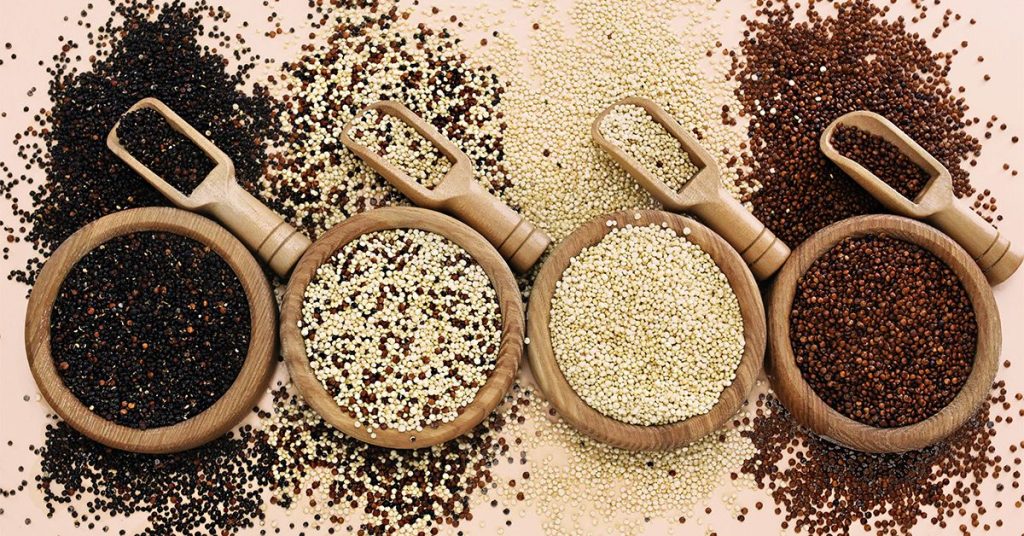A recent study suggests that ancient grains such as oats and buckwheat may have a positive impact on blood sugar and cholesterol levels in individuals with type 2 diabetes. These grains are rich in dietary fiber and phytochemicals, which can potentially help manage these health markers. Experts recommend including minimally refined grains in a balanced diet to maximize their benefits.
The study highlights the potential benefits of incorporating ancient grains into the diet of individuals with diabetes. Ancient grains are known for their lack of genetic modification and higher levels of beneficial phytochemicals and fibers, making them an appealing option for dietary intervention. The analysis of 29 randomized controlled trials indicated that ancient grains like oats, brown rice, and millet could lead to improved health outcomes in diabetes management, particularly in blood sugar and cholesterol profiles.
Even though the findings of the study suggest positive effects of ancient grain consumption on diabetes markers, researchers caution that more standardized and in-depth research is needed due to the variability and limitations of the data reviewed. The majority of the studies included in the analysis focused on the effects of oats, brown rice, buckwheat, or chia seeds on diabetes, with only a fraction using whole, unrefined grains. Oats, in particular, showed potential for improving cholesterol and fasting blood glucose levels in individuals with type 2 diabetes, while other grains like brown rice and millet also demonstrated beneficial effects.
Health experts emphasize that ancient grains like oats offer potential benefits for individuals with type 2 diabetes due to their phytochemical content and slower breakdown, which can help prevent blood sugar spikes. The anti-inflammatory properties of phytochemicals found in ancient grains can also mitigate oxidative stress, which is a key factor in the progression of diabetes. Compared to modern grain varieties, ancient grains tend to have superior nutritional composition and higher levels of dietary fiber, which are associated with improved insulin sensitivity and blood sugar control.
Despite the higher carbohydrate content of ancient grains compared to low-carb diets, health professionals recommend their consumption in moderation as part of a balanced diet for individuals with type 2 diabetes. Prioritizing minimally refined grains over more processed options like bread, pasta, or cereal is essential to maximize the potential health benefits of ancient grains. A diet that includes a balance of green vegetables, lean protein, and whole grains, including ancient grains, can contribute to overall well-being and diabetes management.
In conclusion, while ancient grains may lead to slightly higher blood sugar levels in individuals with diabetes due to their carbohydrate content, their overall health benefits in terms of fiber, phytochemicals, and heart-healthy fats make them a valuable addition to a balanced diet. Choosing minimally refined grains over heavily processed options is key for optimizing health outcomes, and further research is needed to fully understand the impact of ancient grains on diabetes management.













